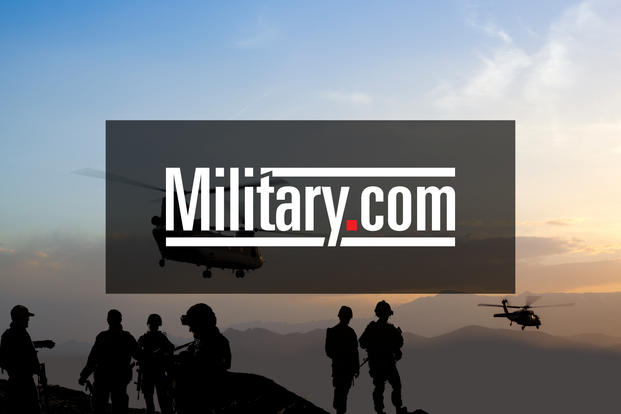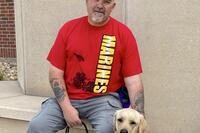The first concrete response to North Korea's claimed detonation of an underground H-bomb will be the blasting of "K-pop" hip-hop and rock across the demilitarized zone while the allies consider tougher sanctions and other "serious consequences."
Cho Tae-yong, deputy chief of South Korea's presidential office of national security, said the enormous system of loudspeakers would resume blaring Korean pop and anti-North messages across the DMZ on Friday, which is either the 32nd or 33rd birthday of "Great Successor" and North Korean leader Kim Jong-un, South Korea's Yonhap news agency reported Thursday.
"There is a high possibility that North Korea could react in an ultra-harsh manner by regarding South Korea's decision as ruining the birthday celebration," said Cheong Seong-chang, a senior researcher at the Sejong Institute, Yonhap reported. The North has previously said that it regards the broadcasts as an "act of war."
However, Cho, the presidential office spokesman, said, "Our military is maintaining military readiness and will retaliate sternly should there be any North Korean provocation."
In a phone conference Wednesday, Defense Secretary Ashton Carter and South Korean Minister of National Defense Han Min-koo "agreed that North Korea's provocations should have consequences," according to a readout of the call from Pentagon Press Secretary Peter Cook.
In a statement, Seoul's Defense Ministry said the response could involve the deployment of U.S. "strategic assets" to the peninsula. After North Korea's last nuclear test in 2013, the U.S. sent B-2 stealth bombers, B-52 bombers and F-22 Raptor fighters for drills in South Korea in a show of force.
The latest test at North Korea's underground site at Punggye-ri on the northeastern coast could also lead the U.S. to renew pressure on South Korea to accept placement of a Terminal High-Altitude Area Defense (THAAD) anti-missile unit. South Korea has resisted stationing of a THAAD unit in the past for fear of offending China, a major trading partner.
At a Pentagon news conference Thursday, Press Secretary Cook said, "THAAD was not on the table for discussion" when Carter spoke to his South Korean counterpart on Wednesday. "We've still not had formal consultations on the THAAD system," Cook said. "No decisions have been made on the deployment of the THAAD to the Korean peninsula."
Cook said Carter had also conferred on possible responses by phone with Adm. Harry Harris, commander of U.S. Pacific Command.
Although North Korea claimed that the underground blast Tuesday was a thermonuclear hydrogen bomb, the U.S., South Korea and major allies have cast doubt on the claim.
"We're still assessing the information we've received," Cook said, but "our analysis, again, indicates it's not consistent with North Korean claims of a hydrogen bomb test."
The United Nations Security Council met Wednesday to consider a possible new set of sanctions on North Korea. China, North Korea's largest trading partner and main energy supplier, also called on the North to rein in its nuclear ambitions.
"We urge North Korea to fulfill its promise of denuclearization and stop any action that would worsen the situation," China's Foreign Ministry said in a statement.
-- Richard Sisk can be reached at Richard.Sisk@military.com.



























